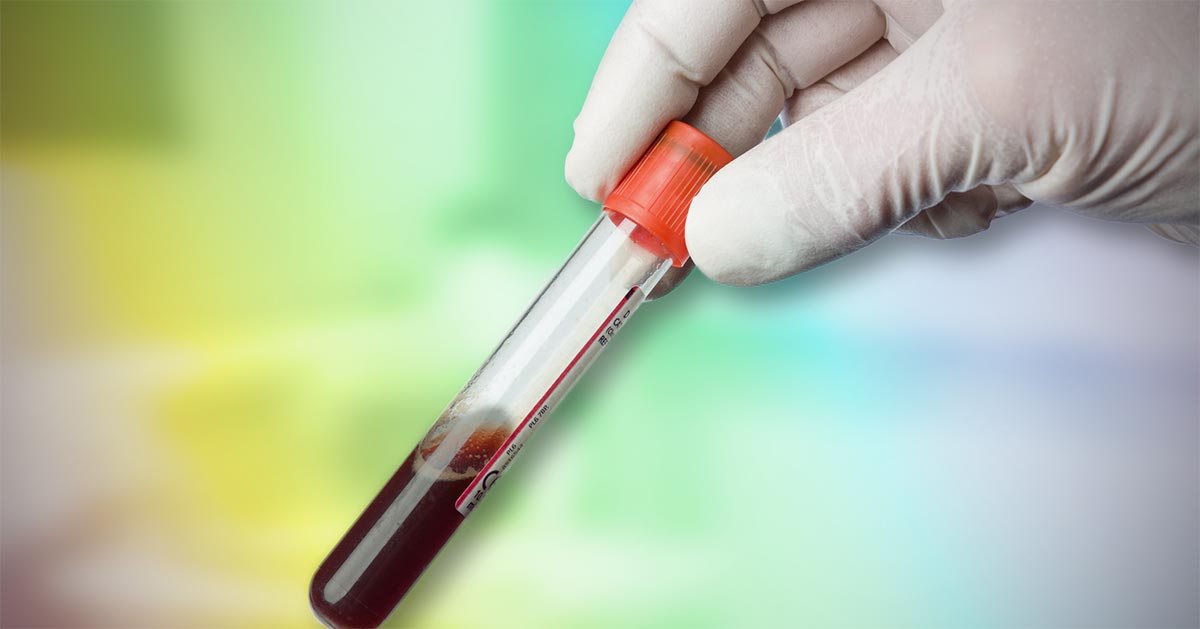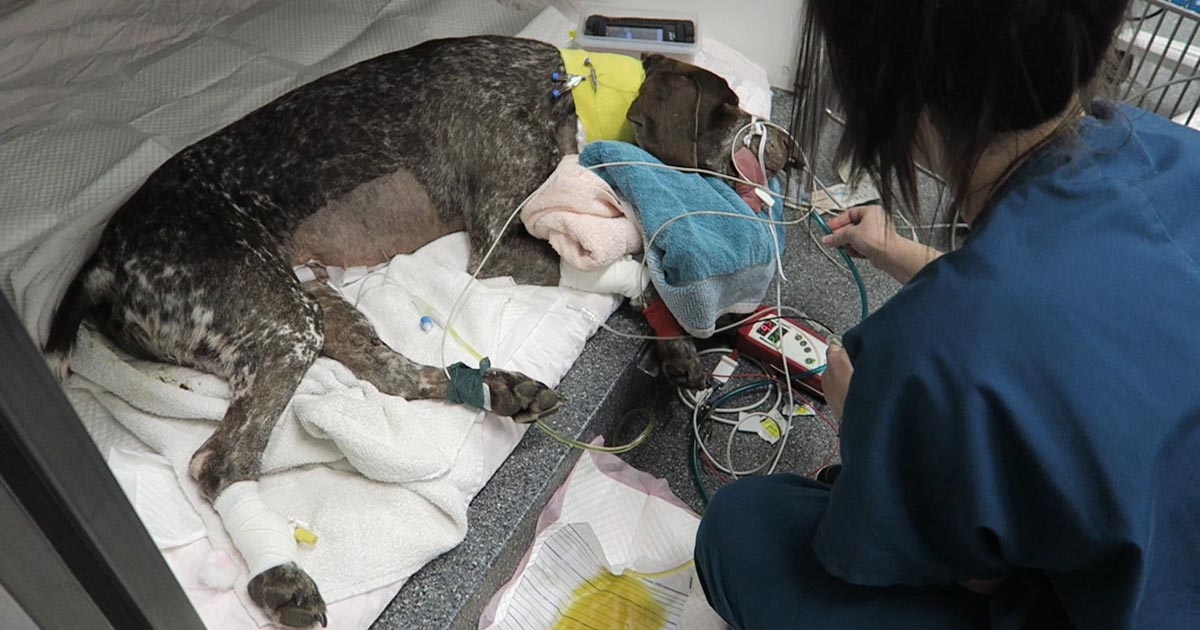Tag: Hypokalaemia
-

Systemic hypertension, part 3: treatment, monitoring and prognosis
—
by
Systemic hypertension, part 1 Systemic hypertension, part 2: clinical signs and diagnosis The ultimate goal of managing systemic hypertension (SH) is to prevent target organ damage. Depending on the patient’s risk category – based on their systolic and diastolic pressures – it will determine whether acute, emergency interventions or chronic, long-term management will be required.…
-

Blood gas analysis, pt 2: acid-base disturbances
—
by
Acid-base disturbances are common in critical patients. These changes must be identified, as even minor deviations from the normal range can lead to significant abnormal body functions. Acidaemia and alkalaemia Acidaemia, which occurs when blood pH falls below 7.35, will lead to: impedance of cardiac output reduced cardiac contractility a blunted response to catecholamine manifesting…
-

Focus on GDV, part 4: the recovery
—
by
Postoperatively, gastric dilatation-volvulus (GDV) patients remain in our intensive care unit for at least two to three days. Monitoring includes standard general physical examination parameters, invasive arterial blood pressures, ECG, urine output via urinary catheter and pain scoring. I repeat PCV/total protein, lactate, blood gas and activated clotting times (ACT) immediately postoperatively and then every…
